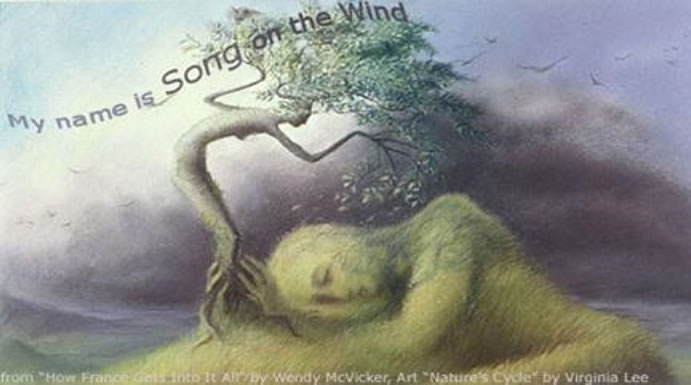The Endicott Players
|
|---|
Endicott Players of Boston and Tucson - Our History
In 1987, artist, novelist, and fabled Fantasy publisher Terri Windling formed the Endicott Studio in Boston, Massachusetts. Devoted to literary, visual, performing, and environmental arts, the collective was a hotbed of Boston artists contributing to multiple, sometimes original genres within the broad category they described as The Mythic Arts. In 2002, Windling and Tucson author Midori Snyder together with novelists and artist-entrepreneurs Ellen Kushner and Delia Sherman opened the Endicott West Studio in the desert just east of Tucson, Arizona. Conceived by and for artists with aims akin to those of the Boston studio, Endicott West exists primarily as a residence and retreat for writers, painters, filmmakers, and artists in less conventional media where they can work and play in the rich, aesthetically nourishing desert environment of the Saguaro National Forest.
Pianist Michael Manning and his wife moved from Boston to Tucson in 2012 to become caretakers of the studio compound, bringing with them their connections to the rich vein of the Northeast’s classical music community. Conscious that he was adding a strictly classical dimension to EWest, Mr. Manning invited several of Boston’s acclaimed musicians to perform under the studio’s aegis, forming The Endicott Players of Boston and Tucson. The studio has since dissolved, but the collaborative spirit survives with the Players, whose annual series of performances occur in multiple cities and bring a drop of refreshment to the culturally dry summer months. Individually and collectively, the Endicott Players are dedicated to performing the acknowledged masterpieces of western classical music mixed with less illustrious though no less lustrous works by their authors, and show a preference for music written since the 18th century. This is not meant as a slight to music of earlier periods (which members of the ensemble frequently perform), but is merely a concession to the practical repertory limits imposed by this particular composition of artists and the group’s stated goal.
Previous programs have featured music of Mahler, Brahms, Handel, and Prokofiev; Debussy, Ravel, Berlioz; Schumann and Hindemith, and Schubert.
